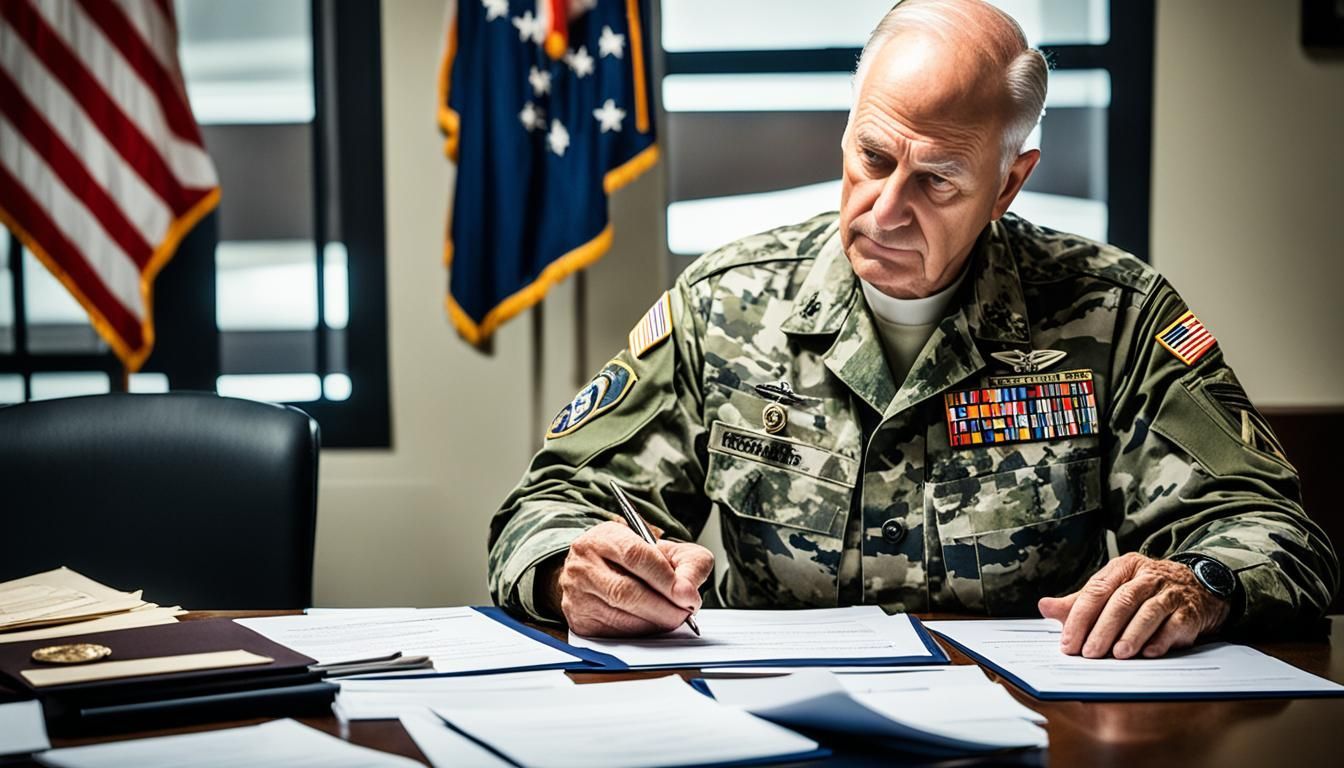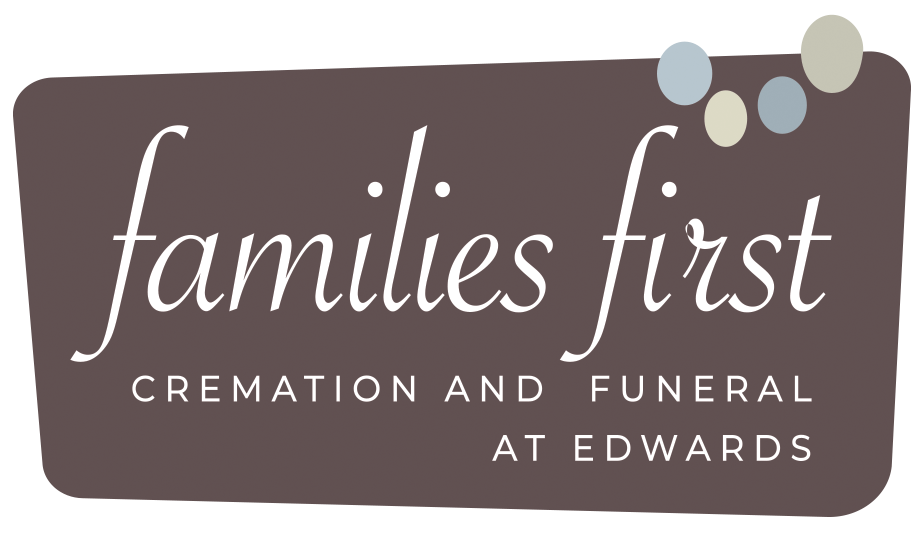Honoring a Loved One's Final Wishes Gently.
Honoring a Loved One's Final Wishes Gently.
Have you ever thought about why we put off talking about end-of-life wishes? It's important, but we often wait too long. At Families First at Edwards in Columbus, Ohio, very few people, around 1%, really talk about these things in detail. Talking about it may feel sad, but it's a chance to know what your loved one wants for their care and funeral.
Realizing that everyone's time is limited can actually help us. It brings clarity and lets families share their needs and provide comfort. Talking about this early can make things easier later on, making sure your loved one's wishes are honored properly. You might have a lot of different feelings during these talks. We help families by encouraging open communication, making it easier to honor those wishes.
Key Takeaways:
- Conversations about a loved one's final wishes are often postponed, yet are crucial.
- Families First at Edwards encourages open discussions about sensitive matters.
- Understanding and preparing for a loved one's preferences offers clarity and comfort.
- Discussing end-of-life wishes ahead of time helps ensure a respectful sendoff .
- Emotions surrounding these conversations can vary, so be prepared.
How to Honor Wishes of Passed Away Loved One
Remembering a loved one's wishes is a way to honor them with the respect and dignity they deserve. It's important to talk about their desires to ensure we understand them correctly. This part will look at how to recognize these wishes and write them down properly.
Understanding Their Final Wishes
Starting a conversation about a deceased loved one's desires is a key first step. They might have specific ideas about their memorial service or care after passing. It's important to get the family involved to consider everyone's views. Some people might want direct questions, while others prefer a casual chat. Learning about their preferred funeral themes, speakers, and how to handle finances makes sure we respect their wishes.
“Understanding a loved one’s final wishes can provide peace of mind and prevent future disputes. It’s about ensuring their vision is honored.”
Documenting Specific Requests
After these discussions, writing down the specific requests is essential. Details should include instructions about wills, how they want to be buried, or life insurance info. This step might bring up emotions, so being patient and sensitive is crucial. By documenting everything carefully, we show our respect and make sure their legacy is honored as they wanted.
Many families find comfort in unique remembrance activities. Creating keepsakes from their clothing, like pillows or quilts, is a common choice. Planting trees or flowers is a lovely way to keep their memory alive. Supporting charities they cared about, through drives or donations, also pays tribute. One such charity is CaringBridge.
Starting new traditions, such as releasing balloons on their birthday, keeps their memory close. Sharing stories and photos, living well in their honor, and community involvement are great tributes. Documenting these actions helps make sure we're honoring their wishes in the way they imagined.
Carrying Out Final Requests with Compassion
Understanding a loved one's final wishes is a sacred duty. We strive to honor these wishes with compassion and respect. These conversations can stir many emotions, including humor and avoidance. Being ready for these reactions and gently persistent is crucial for clarity.
Talking about final wishes early is wise, especially in good health. It leads to careful, pressure-free planning. When a loved one is terminally ill, picking the right time for this talk shows love and thoughtfulness.
Many factors come into play when fulfilling a loved one's last wishes:
- Cremation often comes up, with choices like scattering ashes in meaningful spots. But, remember, it's illegal to do this on beaches or close to the shore.
- Some cremation services now offer green options. This respects the planet and the deceased's beliefs.
- Funeral services are critical in meeting final requests. It's important to work with a funeral home that aligns with your loved one's preferences.
Choosing the right funeral home matters a lot. It ensures the deceased's wishes are met. Deciding on a cemetery and arranging the burial are guided by personal tastes, family background, or faith.
Money often restricts what families can do. Funerals can get expensive, and not every estate can cover the costs. Yet, even simple gestures can mean a lot.
Living up to the deceased's wishes shows their impact, beliefs, and the love that surrounds them. Even if some wishes are not legally required, doing what we can reduces conflicts and honors the person's legacy and relationships.
| Aspect | Considerations |
|---|---|
| Cremation | Common request, significant location for scattering ashes, federal regulations |
| Funeral Services | Essential for honoring requests, working with understanding funeral homes |
| Cemetery Choice | Influenced by personal preferences, family history, religious beliefs |
| Financial Constraints | Balancing costs, implementing modest requests |
Conclusion
After we lose someone dear, the need for closure becomes clear. It helps us heal. At Families First at Edwards, we emphasize the importance of honoring final wishes with care. We do this through respectful, loving, and compassionate acts. Using touching quotes, stories, and feelings, we make sure a eulogy's end is memorable and meaningful for everyone listening.
Writing a good eulogy is crucial during funerals or memorial services, particularly the ending. It brings closure by summarizing key points, reminiscing about the person's life, and sharing messages of hope. These parts highlight the deceased's achievements, passions, and their influence on others. Reflecting on these memories not only pays tribute but also comforts mourning family and friends.
Sayings that are simple yet profound can mirror the loved one's essence and legacy. By accepting our emotions, seeking support, and taking care of ourselves, we can cope with loss better. Every act of remembrance, like planting trees or sending cards, honors our lost ones uniquely. Our dedication to kindness and respect ensures their last wishes are met, giving them a respectful goodbye.
FAQ
How can we start a conversation about honoring a loved one's final wishes?
Begin gently when talking about a loved one's final wishes. Express your love and concern. Highlight the importance of knowing their wishes for respect. It's good to have multiple talks to not overwhelm them and allow deep discussions over time.
What should we consider when understanding their final wishes?
It's important to think about the medical care they want, funeral plans, and burial wishes. Also, remember any unique desires for their goodbye. Include siblings and close family in talks to avoid disputes later.
How do we document specific requests?
You can write down their wishes, include them in a will, or use legal ways. Note details like burial or funeral themes, who will speak, and money matters. Being specific helps with smooth planning.
How can we ensure a dignified sendoff?
To ensure a respectful goodbye, honor their wishes with care. Prepare for different reactions and be gently firm about knowing all details. Talking early, when healthy, makes planning less stressful and more thoughtful.
What steps do we take in carrying out final requests?
Respecting final wishes takes kindness. If they can't join the talk, consult with family. Try to honor their wishes as best you can. Even small gestures matter and can reduce costs and honor their memory properly.
How can we cope with the loss of a loved one?
To cope with loss, admit your sadness and seek support. Families First at Edwards suggests planting memorial trees or writing thoughtful cards. Give yourself time to grieve. Simple, sincere tributes can show their spirit and what they meant.
Source Links
- https://www.thegiftedtree.com/the-write-stuff/in-memory-of-message-suggestions/
- https://whatsyourgrief.com/deceased-loved-ones-birthday/
- https://www.caringbridge.org/resources/9-ways-remember-loved-one-passed/
- https://onthewaytowhereyouregoing.com/honor-your-loved-one/
- https://www.empathy.com/will/when-your-loved-ones-final-wishes-are-impossible
- https://evergreenjax.com/honoring-last-requests-deceased/
- https://memorycherish.com/eulogy-endings/












